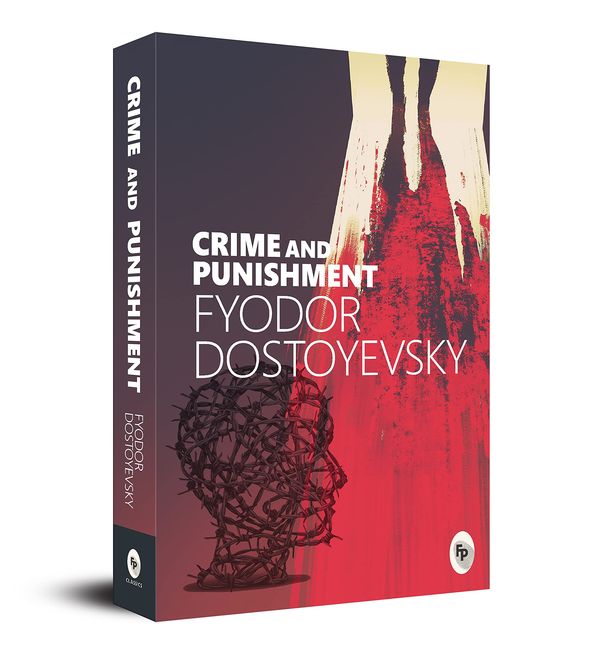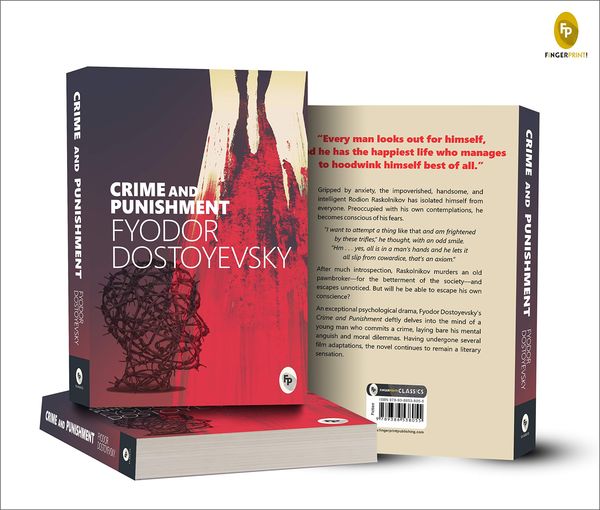Gripped by anxiety, the impoverished, handsome, and intelligent Rodion Raskolnikov has isolated himself from everyone. Preoccupied with his own contemplations, he becomes conscious of his fears.
“I want to attempt a thing like that and am frightened by these trifles,” he thought, with an odd smile. “Hm . . . yes, all is in a man’s hands and he lets it all slip from cowardice, that’s an axiom.”
After much introspection, Raskolnikov murders an old pawnbroker—for the betterment of the society—and escapes unnoticed. But will he be able to escape his own conscience?
An exceptional psychological drama, Fyodor Dostoevsky’s Crime and Punishment deftly delves into the mind of a young man who commits a crime, laying bare his mental anguish and moral dilemmas. Having undergone several film adaptations, the novel continues to remain a literary sensation.
About the Author
Dostoyevsky was the son of a doctor. His parents were very hard-working and deeply religious people, but so poor that they lived with their five children in only two rooms. The father and mother spent their evenings in reading aloud to their children, generally from books of a serious character.
In 1861, he started a journal—Vremya, which was forbidden by the Censorship through a misunderstanding. In 1864 he lost his first wife and his brother Mihail. He was in terrible poverty, yet he took upon himself the payment of his brother’s debts. He started another journal—The Epoch, which within a few months was also prohibited. He was weighed down by debt, his brother’s family was dependent on him, he was forced to write at heart-breaking speed, and is said never to have corrected his work.
In June 1880 he made his famous speech at the unveiling of the monument to Pushkin in Moscow and he was received with extraordinary demonstrations of love and honour.
A few months later Dostoevsky died.
- Weight : 480
- Breadth : 13
- Length : 19.5
- Height : 3





